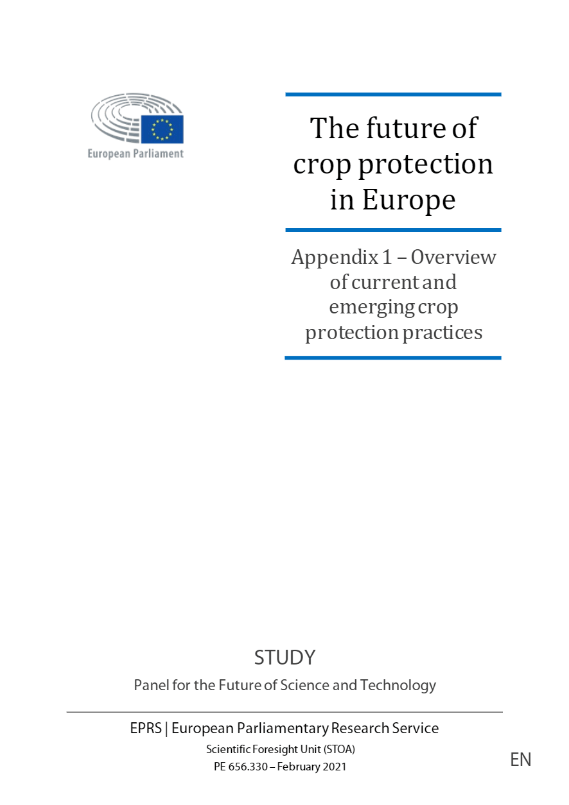On Thursday, the plenary backed several changes to the political advertising bill to ensure more transparent elections and smooth referendums.
Parliament voted by 433 votes to 61, with 110 abstentions, on the negotiating mandate proposed by the Internal Market and Consumer Protection Committee. The plenary’s approval allowed rapporteur Sandro Gozi (Renew, France) to begin talks with member states’ representatives, with a view to reaching an agreement on the text in time for the 2024 European elections.
Restrictions on targeting strategies and a de facto ban on micro-targeting
Advertisers can only use clearly indicated personal data for political advertising, according to MEPs’ amendment to the committee’s proposal. In practice, this means that micro-targeting, a tactic that uses demographic and consumer data to identify a specific person’s interests, will be banned.
The Parliament also introduced other provisions to regulate targeting activities in general, such as a total ban on the use of data from minors.
No foreign interference
The House also proposes to prohibit non-EU domiciled organisations from funding political advertising within the EU. The text says that in determining where an entity is based, authorities should take into account who ultimately controls the payer of the advertisement.

The future of crop protection in Europe . Appendix 1, Overview of current and emerging crop protection practices |
More transparency
MEPs also included amendments to ensure that citizens, authorities and journalists have easy access to information on political advertising. Among other things, they proposed to create a digital database of all online political advertising and related data.
The aim is to make it easier to obtain information on advertising payments, costs and the origin of the funds used. The fact that an advert has been suspended for breaching the rules, the specific groups of individuals targeted, and the personal data used, as well as visits and audience engagement with the advert should also be public information. MEPs want to specifically guarantee the right of journalists to obtain this information.
New penalties for infringements
Parliament proposes periodic penalty payments for repeated infringements and an obligation for large advertising service providers to suspend their operations with a specific client for up to 15 days when there is a serious and systematic breach of the rules. The Commission will be able to set EU-wide minimum sanctions.
The text also strengthens the powers of national authorities and allows the European Data Protection Board to take over an investigation into an alleged infringement and enforce compliance with the rules.
Statement by the rapporteur
Sandro Gozi (Renew, France) said: “There is too much interference in our democratic processes. As legislators we have a responsibility to combat this phenomenon, but also to ensure that the debate remains open and free. This law will not put an end to political advertising, despite the rumours spread by the big digital platforms. Nor will it hamper our freedom of expression. It will only limit abusive political advertising.
Source: European Parliament







Leave a Reply